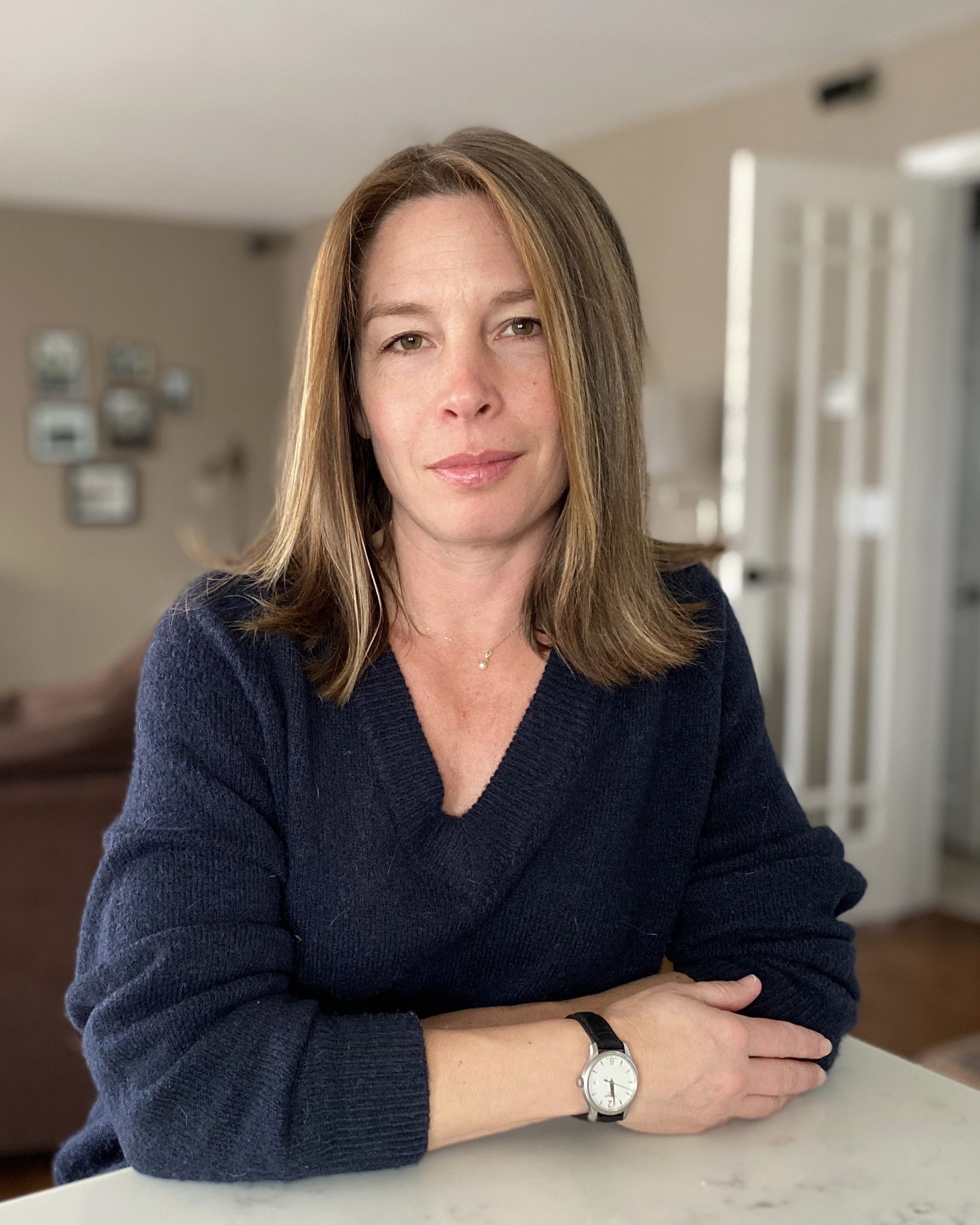In one of the Birdman scenes I could easily watch many times, intimidating New York Times theater critic Tabitha Dickinson (played by Lindsay Duncan) argues that there is a difference between being an actor (what Keaton’s character Riggan Thomson wants to be) and being a celebrity (what Dickinson insists Riggan actually is).
By extension, I would guess, that means there’s a difference between the art of The Theater and the comparative crap-commercialism we see in movie theaters. (According to Dickinson, that is.)
As a writer who, before The Year of Dan Palace, stubbornly leaned heavily literary and who balked at the very idea of “going commercial,” the commercial entertainment vs. art conversation is one I’m a little too familiar with. I was happy with what I was producing, but I wasn’t happy with the number of readers I was attracting (or, more accurately, not attracting).
Relatively few people like the literary stuff.
Does there need to be a balance? I wondered. Do I have to *cough*hack* change if I want readers? No. Why should I change? This is my art.
A few months ago, I learned I wasn’t the only one struggling with (in my case, stomping around and drinking over) this problem. An actor friend told me at a party how frustrating it was to be a serious actor who wanted to perform in meaningful productions. He wanted to be good at his craft, he said (paraphrased), not star in some fun but ultimately pointless movie like Transformers just to be the kind of actor who could be in a blockbuster.
Of course, a role in a Michael Bay movie could pay off his school loans. No matter how good he is at what he does (and in my humble and unschooled opinion, he’s very, very good), acting in small-ish (even medium sized) plays around New York City won’t cover the cost of his master’s degree. It won’t even afford him his own apartment.
This (rightly, I think) is what pisses him off.
The same way it pisses off “serious” writers (this writer included, until very recently) when a book like 50 Shades of Grey makes millions of dollars and snags a movie deal.
“I’m writing about the human condition, man,” says Serious Writer. “An important, universal, and relatable scenario that will help us understand one another and ourselves. But I can’t even get an agent and that E.L. James is the J.K. Rowling of sex.”
It’s frustrating.
Many artists, of all kinds and at all levels, want to have some kind of lasting impact. To improve humanity, if possible, even if only by helping one person better understand the experiences of one other person. Usually, though, that thing that could do with some understanding isn’t titillating or hilarious, which means the story – whether a play, a novel, or a movie – will, if treated with too much loftiness, lack some of the commercial entertainment appeal that gets audiences filling theater seats or turning a novel into a bestseller.
My actor friend didn’t believe he needed to change his focus or his delivery (he’s also a playwright). His contention was that the problem wasn’t the work, it was the attention more serious art was given, the value assigned to it. The problem (here paraphrased and interpreted) was that “they” didn’t treat the contribution of inspired, insightful, compassionate (but less commercially entertaining) art as if it at least matched that of a football game or The Pirates of the Caribbean.
I understood completely, having once felt the same way. I don’t know how many times I’ve heard “serious writer” friends joke humorlessly that their next book was going to be about vampires or S&M. I made the same bitter joke when I was feeling obstinate about what I wanted to do, what I wanted to write, and what people should like.
“I’m telling the story my way,” I insisted. “I’ve spent a lot of years practicing these certain things, and damn it, I’m going to implement those things.”
Go ahead, whispered common sense, finally. But who’s going to read it?
Oh.
Maybe E.L. James and her bondage story are too easily underestimated. To attract that many readers, there has to be more to it than its likelihood of being read with one hand. There has to be something on a deeper level that connects with readers.
Even if it is just the sexual titillation, that’s obviously something that means something to millions of readers. Millions of people. Sex is, after all, part of most of our lives. It might even be argued that 50 Shades offers some insight into those who regularly engage in S&M.
That doesn’t mean someone who aspires to create a certain kind of art should write (or act in) something that doesn’t agree with his or her artistic or moral sensibilities, but if the artist wants to reach out, and not simply please peers or potential future English, theater, or other similarly focused students, it might be critical to find a workable balance.
The audience for what might be called “high art” is there, but they’re spread thin, my spouse pointed out when we discussed Birdman on the way home. They don’t exist in the same numbers as the viewers of the Transformers movies (admitted viewer, here) or the readers of 50 Shades or Twilight.
The people who will pay to see or read “high art” don’t necessarily all enjoy plays, or all enjoy paintings, or novels, or music.
So, where does the change happen? What’s the impact, beyond frowns of approval among those in the “right” circles?
It seems to me that change occurs when you can reach the highest number of people possible, and the majority of people want to see or read things that will entertain them. Myself included. As a reader, I want to be compelled to turn pages. As a viewer, I want to be held captive. Yes, absolutely, I want to be inspired to think, but can’t I, as a reader or theater- or movie-goer, have both?
And isn’t it a little unfair of a creator of art to insist on bending only the audience rather than bending a little bit, oneself?

Kristen Tsetsi is the author of the post-Roe v. Wade novel The Age of the Child, called “scathing social commentary” and “a novel for right now.” She is also the author of the novels The Year of Dan Palace and Pretty Much True (studied in Dr. Owen W. Gilman, Jr.’s The Hell of War Comes Home: Imaginative Texts from the Conflicts in Afghanistan and Iraq). Kristen’s interview series at JaneFriedman.com offers behind-the-scenes insights into all things writing and publishing.


